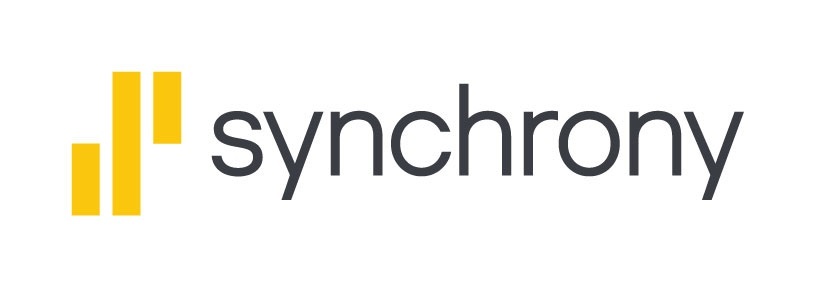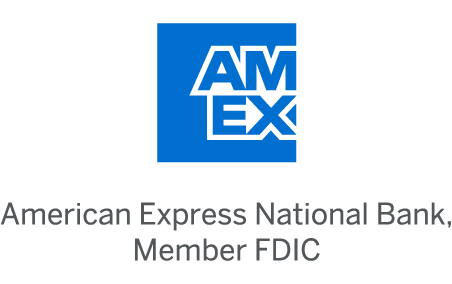Certificates of deposit (CDs) can be good investments, especially right now when rates are higher than they’ve been since the 2008 recession. But just because they’re a good investment doesn’t mean they’re the right investment for everyone.
Before you even consider buying a CD, it’s worth completing a few other important financial tasks first. Here’s what to check off your to-do list before searching for the right CDs.
1. Save up an emergency fund
You shouldn’t open a CD until you have a complete emergency fund. Ideally, you should have three to six months’ worth of living expenses put away in a high-yield savings account.
There’s an important reason to do this: You face a good chance of surprise expenses popping up at any time. Pew Trusts data shows that about 60% of households experience a financial shock over the course of a year.
Our Picks for the Best High-Yield Savings Accounts of 2024
|
SoFi Checking and Savings 
APY up to 4.60%
|
APY up to 4.60%
|
Min. to earn $0 |
|
Synchrony Bank High Yield Savings 
APY 4.75%
|
APY 4.75%
|
Min. to earn $0 |
|
American Express® High Yield Savings 
APY 4.25%
|
APY 4.25%
|
Min. to earn $1 |
If you don’t have emergency money, you’ll have to find some way to cover those costs. If your money is tied up in a CD, you could be forced to decide between putting the surprise costs on a credit card or breaking your CD term early and incurring a penalty.
Why put yourself in position to lose money on your CD or get stuck with high interest charges? Save your emergency money first and keep it somewhere accessible so you’re ready for any financial surprises.
2. Max out your 401(k) match
If you work for a company that offers a 401(k) match, you should be contributing enough to your 401(k) account to earn the matching funds. Depending on your company match, you could miss out on as much as a 100% risk-free return on investment, which you’d be able to score if your employer matches 100% of the contributions you make.
When you pass up on your 401(k) match for a year by not maxing it out, you don’t get the chance to go back in time and get a redo. The free money your employer was going to give you for that year is gone forever. You are far better off claiming the matching funds than investing in CDs, no matter how high the rates are on certificates of deposit at the time.
3. Make sure you understand the opportunity costs
Finally, you should make certain you understand the opportunity costs of putting money into a CD before you open one.
Any money you put into a CD is money you aren’t going to do something else with. So, you should make sure the return on investment (ROI) the CD offers — which is likely somewhere around 5.00% — is a better return than the ROI you could earn elsewhere.
If, for example, you have credit card debt charging you 27% interest, you should pay it off before buying a CD because you’d get a 27% return by doing so, rather than a 5% return. And if you have a long enough investing timeline to await a stock market recovery in case you mistime your investments, then you should put your money into the market, where you can reasonably expect to earn 10% instead of the 5% CDs offer.
By thinking about what you’re giving up by buying a CD and making sure you’ve accomplished other key priorities first, you can feel confident you’re investing in certificates of deposit with money that belongs there.
These savings accounts are FDIC insured and could earn you 11x your bank
Many people are missing out on guaranteed returns as their money languishes in a big bank savings account earning next to no interest. Our picks of the best online savings accounts could earn you 11x the national average savings account rate. Click here to uncover the best-in-class accounts that landed a spot on our short list of the best savings accounts for 2024.
